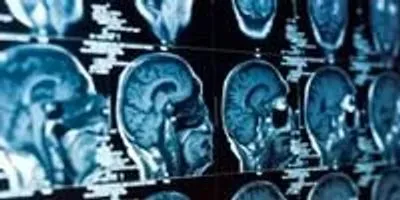A study led by Kent sociologists found that claims that children’s brains are irreversibly ‘sculpted’ by parental care are based on questionable evidence - yet have heavily influenced ‘early-years’ government policy-makers.
The study identified that although there is a lack of scientific foundation to many of the claims of 'brain-based' parenting, the idea that years 0-3 are neurologically critical is now repeated in policy documents and has been integrated into professional training for early-years workers.












